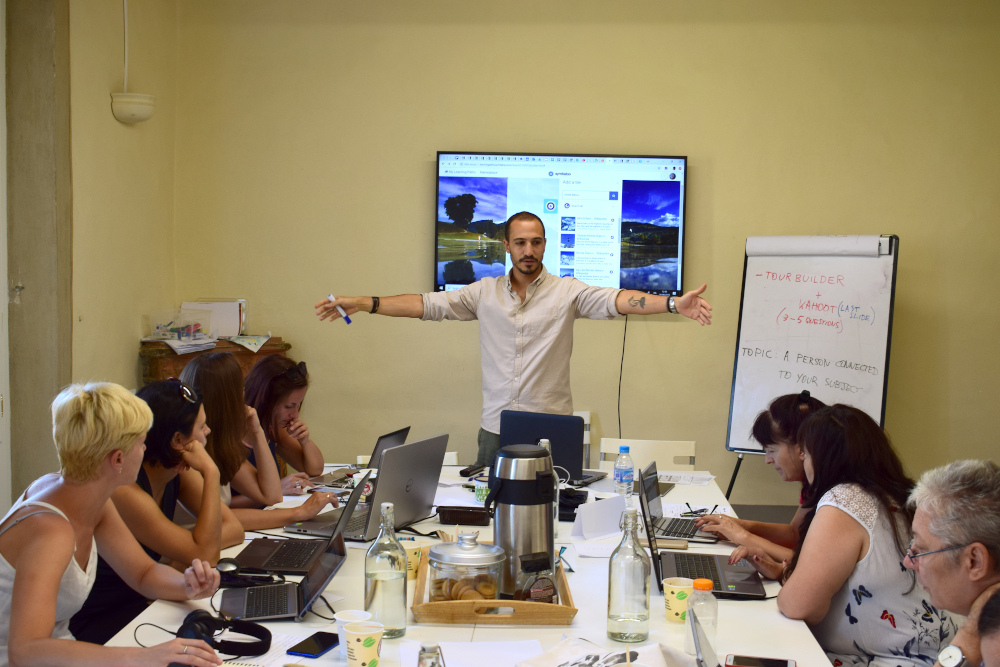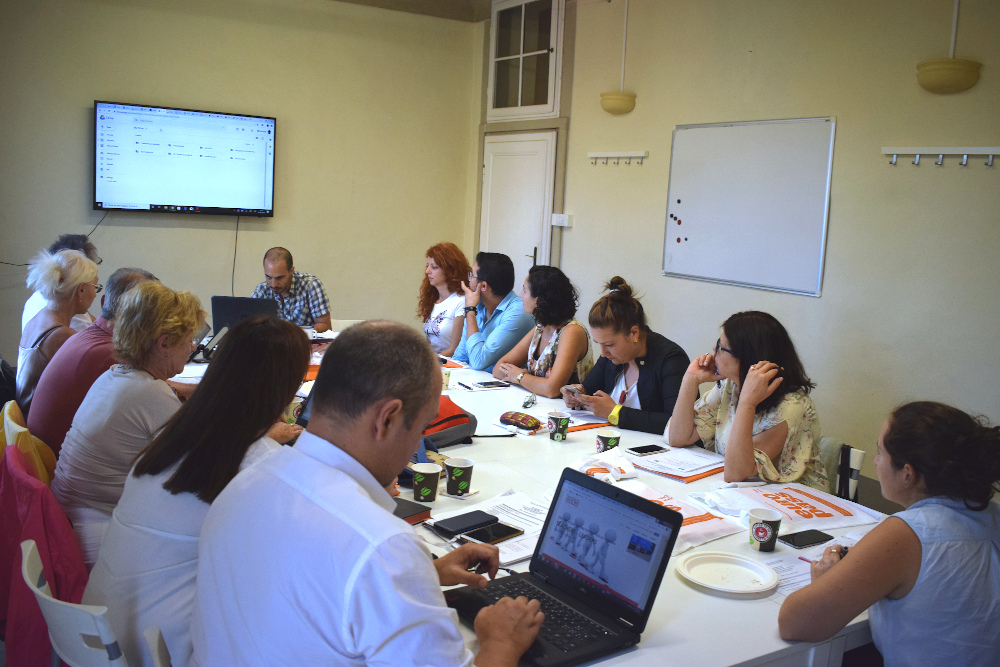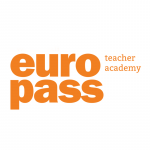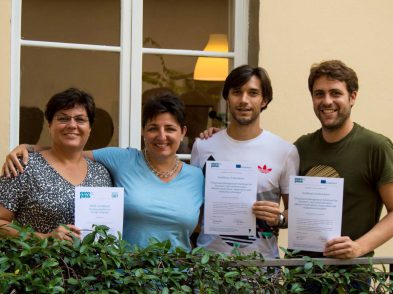Teachers have always played a vital role in the lives of their students and put great effort into supporting students in both their learning and personal development. But what are the latest issues that teachers need to be aware of and explore today?
Answering this question is not an easy task. The Europass Teacher Academy, a center in Florence for professional development in education, has begun researching and developing the concept of the “teacher-leader”, both in theory and in practice. Iacopo Falciani, a head teacher at Europass, is part of this highly motivated and committed team dedicated to identifying what it takes to be an educational influencer.
Iacopo works with teachers from all over the European Union every week, and he has seen firsthand how important it is for teachers to have knowledge and practical tools for fostering the growth of the whole student. For many, the main goal of educators has been to transmit knowledge and to improve results on standardized tests. While academic results are important, they are no indication of future success, or of the emotional resilience and critical thinking skills necessary to face the challenges and opportunities of the 21st century.
Teachers are broadening the horizons of education beyond curriculum, supporting and equipping students with tools and awareness to face life’s challenges. Too big a job? Not necessarily, claims Iacopo.
While challenging, there are many ways that educators can encourage and foster opportunities for students to expand their emotional, relational and practical learning. However, every student has unique needs and personalities, budgets are limited and classrooms in most European countries have an average of 25 students per class. Teachers who wish to support their learners’ intellectual, relational and emotional growth, under such complex conditions, can find it discouraging and demotivating. This disconnect between what a teacher would like to do, and what is possible to do, can become a source of stress and frustration. The concept of the influencer, or teacher-leader, embodies that desire and the necessary skill set to create meaningful school experiences.
Over the last two years, Europass has taken concrete steps towards identifying the qualities and competencies of such a role in a Erasmus+ KA2 project “Teachers as Leaders and Trendsetters of Changing” whose main purpose is to define the concept of “teacher-leaders”. One major outcome of this project will be a handbook, produced thanks to an international collaboration between six countries, that will be open-sourced to any educators who wish to develop themselves and their schools.
Iacopo’s excitement about the project is contagious, “Hopefully more and more teachers from different countries will be able to understand the importance of being a leader inside of the school community, so that they will be inspired to improve the environment of their schools and the mechanisms that underpin the educational process. They will use their skills and talents not just inside of the classroom but also among their colleagues, with school administration, the families as well as the local community.”
Sharing, comparing and developing best practices and innovative approaches in education and professional development. This project is a 6-country collaboration among a training center for adults in management, administration and education in Krakow (Poland), a university in Sibiu (Romania), a primary and secondary school in Lamia (Greece), a primary school in Sofia (Bulgaria), and a vocational high school in Ankara (Turkey).
The latest articles and news about this project can be found on the Europass website
You can also subscribe to their Facebook page
Iacopo expanded on future plans for this research, “The handbook developed as the outcome of this project will then be used to create a new training course at Europass for school-leaders.”
Europass director, David Baroni, adds, “We can’t say that this is something completely new for Europass; in fact, the school already offers several courses and collaborates in other projects, such as ICT4LWU Project: technology based methods for teaching Less Widely Used Languages and Best 4 Languages Project, that are connected to the new role of the teacher today”.
Europass courses such as “21st Century Skills for Teachers and Students” or “The 4Cs: Creativity, Critical Thinking, Communication and Collaboration in Schools” offer course participants a deeper understanding and practical guidance on how to evolve professionally and personally. Teachers need to feel empowered in their ability to lead their schools into the challenges this century holds. For more tech-oriented educators, there are ICT courses which allow teachers to enrich their toolbox with skills like video making, app building, photography, social media, digital tools and beyond. Today’s students are digital natives who have information at their fingertips yet need to also think creatively and flexibly. Technology that is integrated into the classroom provides more dynamic lessons and introduces students to the benefits of educational technologies.
Furthermore, the multi-cultural context of these courses adds depth to the experience as well as valuable opportunities for educators to create a common European fabric.
Iacopo adds one final caution, “Schools should never passively follow the changes of its society; we should understand these changes, their possibilities and dangers, and prepare the students for them. Being a leader also means this.”
Iacopo and the team at Europass will keep working in this direction, to ensure that their results can support a new kind of leader in schools of the future.
Visit Europass and discover more!
Head office in Italy:
Europass Teacher Academy
Via Sant’ Egidio 12, Florence
Email: teachertraining@europass.it
Tel: +39 055 2479995











